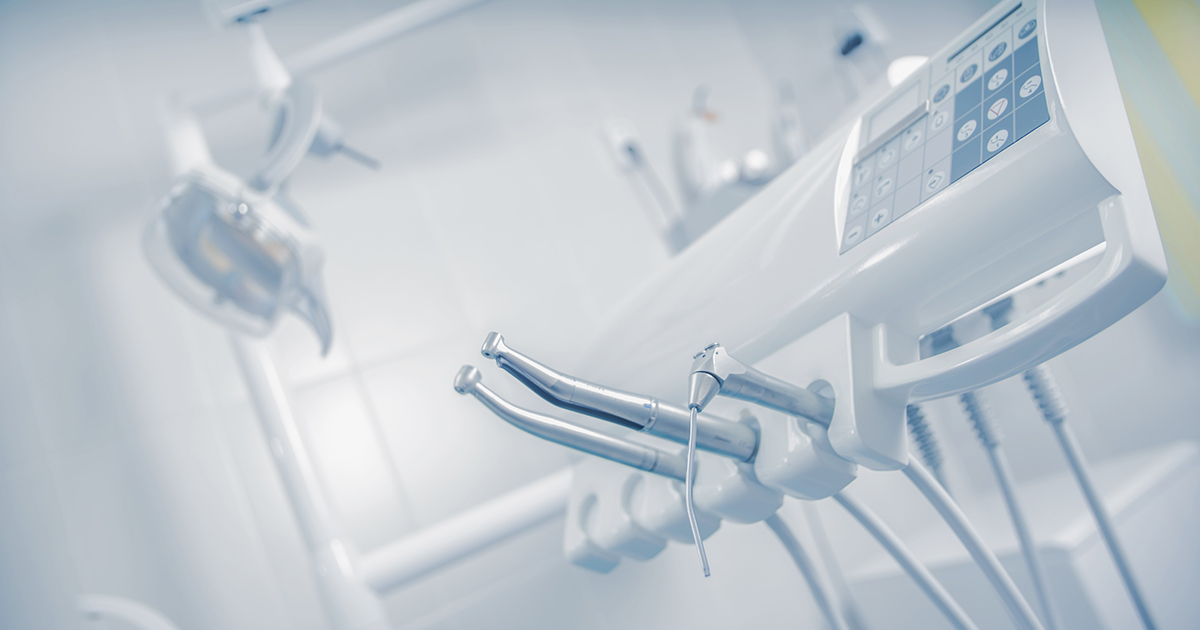Due diligence is one of the most important jobs for dentists buying a practice It’s the act of verifying that the representations made to you by the seller and his agents about the assets and liabilities of the business are true.
Financial due diligence takes many forms, but one of the most important steps in the due diligence process for dental practice buyers is the review of the dental practice’s financials, including the accounts receivable.
Collecting the money is the most important part of dentistry because poor collection practices render all other aspects of a practice moot.
A dental practice can be stuffed with new patients and have a high treatment acceptance rate, but it will almost certainly fail if the money doesn’t get collected.
By carefully reviewing the practice ledger, a savvy buyer can see how well the front office is running, quantify write-offs due to PPO participation, and determine how large a problem patient credits are in the subject practice.
Key Financial Due Diligence Steps for Successful Dental Practice Sales
Step 1: Review the Accounts Receivable Report
The first step in reviewing a dental practice’s collections is to look at the accounts receivable aging report, which breaks down money owed to the practice based on how long it has been since the patient debt was incurred.

New Receivables
New receivables (0-30 and 31-60 days) should constitute most of the total. These receivables show the lag time between filing an insurance claim or sending a bill and receiving payment.
The 61-90-day category should be a smaller amount and reflect claims that were initially rejected and need to be refiled.
Over 90-Days
The over 90-day amounts are usually uncollectable, and particular attention should be paid to these, as they represent dentistry that the practice has essentially given away. This category should have the lowest total of all, but many practices never write off old debt as uncollectible.
Over the span of a career, this can add up and generate very large receivables balances over 90 days. Be sure to ask the seller how often they write off uncollectable amounts.
Step 2: Review Adjustments Made to the Practice Ledger
The second step in reviewing a dental practice’s accounts receivable is to look at a report showing the adjustments made to the practice ledger. These can include discounts and fee reductions due to PPO participation.
If the fee schedules are entered into the dental practice management software correctly, this report can show you how much income is being written off for each plan. This is helpful because it allows you to see both how much income is generated by a plan and how much participation costs the seller in discounts.
If a plan is a major income center for the practice, you probably want to stay in the network. However, you might consider dropping participation in a plan if it has few patients and high write-offs.
Step 3: Review Patient Credits
Finally, every seller knows they have accounts receivable, but very few know those receivables also include patient credits.
These credits are both a financial and legal liability for the practice and can build up to astounding sums over the span of a career.
When you look at a dental practice to buy, these liabilities need to be addressed:
Patient credit balances are usually from three sources
- Funds paid by patients in advance of treatment
- Funds from overpayments by the patient or insurance claim payments that exceeded the estimated amount
- Bookkeeping errors or employee fraud.
Unlike old receivables, which dentists can decide to write off as uncollectable, credit balances never expire.

Most states have laws concerning how long a business can hold unclaimed property before it is obligated to refund those amounts or send them to the state. Like a dental practice loan or any other practice liability, credit balances must be satisfied to sell an unencumbered asset to the buyer. How this is addressed can be negotiated between the parties. Still, usually, the buyer is either given proof the credits have been satisfied (directly to patients or to the state treasurer) or is given a reduction in the price paid in return for assuming responsibility for refunding or treating patients with credits.
Ensure Your Financial Clarity as a Buyer
A thorough review of the accounts receivable will help dental practice buyers gauge the status of the office finances. Collecting the money from the patients and their insurance providers is one of the most important aspects of running a dental practice.
Be sure that the practice you intend to buy has done a good job maintaining the accounts receivable, and you can avoid some nasty surprises after the closing.
About the Author
Preston has been evaluating and transitioning dental practices since 2005. Preston brings a wealth of experience to his transitioning clients. He received his bachelor’s degree in chemistry and applied mathematics at Hampden-Sydney College, and then went on to receive his master’s degree in chemistry and his juris doctorate from the University of Illinois. He is currently a member of the Louisiana state and U.S. Patent bars. He has worked as a transition specialist with Lovelace and Associates since 2005. He often addresses dental associations on his areas of expertise, and he was a featured speaker at the ADA’s 2013 annual session on practice transitions.
LinkedIn



